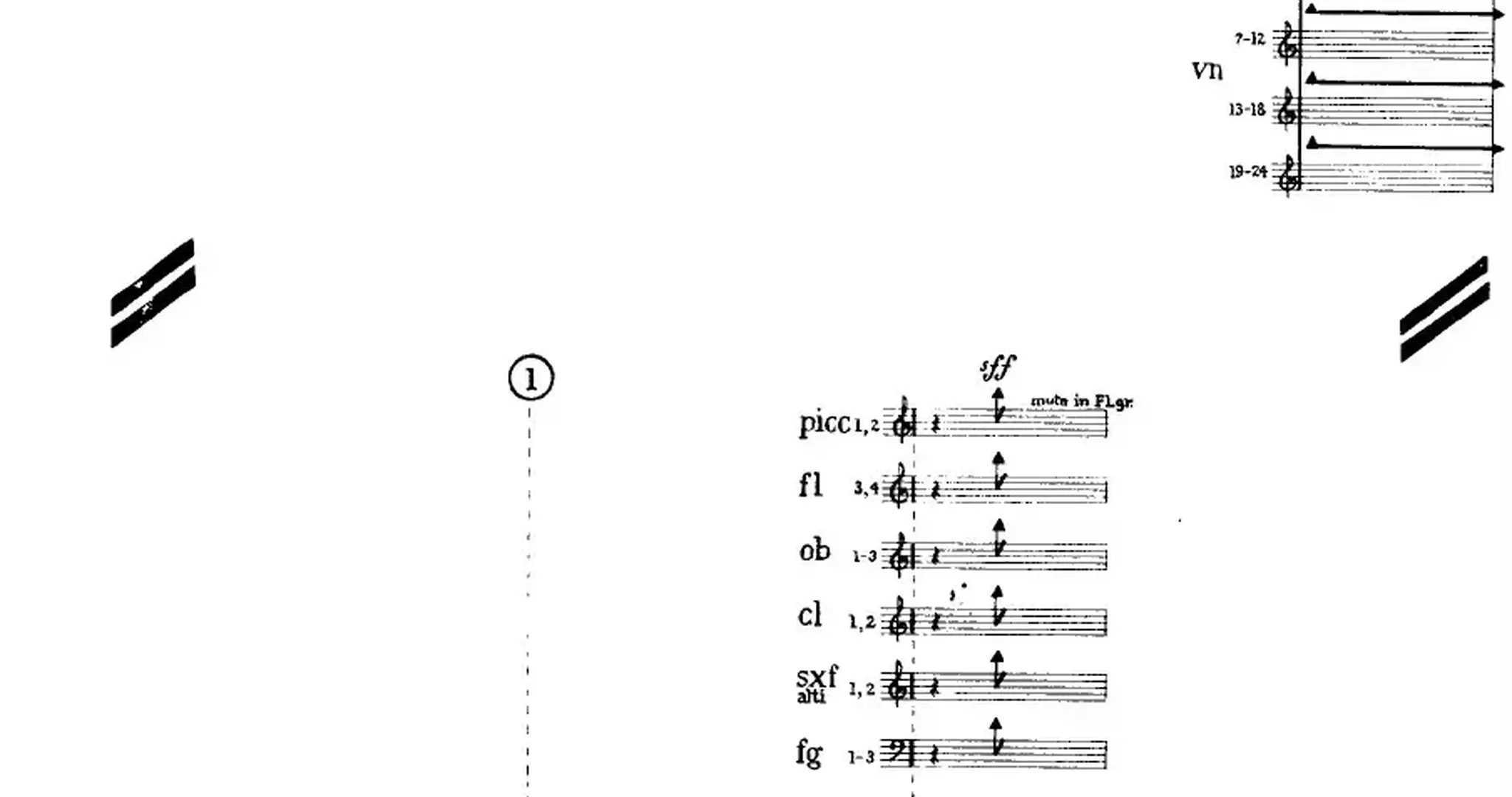Please update your browser
Your current browser version is outdated. We recommend updating to the latest version for an improved and secure browsing experience.

Krzysztof Penderecki and the Modernist Labyrinth
In the climactic sequence of The Shining (Stanley Kubrick, 1980), multiple visual, musical, and mythic metaphors are overlaid. Child protagonist Danny is chased into a hedge maze by his possessed father and, like Theseus with Ariadne's red thread and Hansel and Gretel with their breadcrumbs, he is only able to escape by being clever enough to retrace his steps.
Like the Minotaur of Crete, the father remains trapped in the labyrinth.

“The avant-garde gave one an illusion of universalism. The musical world of Stockhausen, Nono, Boulez and Cage was for us, the young – hemmed in by the aesthetics of socialist realism, then the official canon of our country – a liberation. It opened a new reality, a new vision of art and of the world. I was quick to realize however, that this novelty, this experimentation and formal speculation, is more destructive and constructive. I realized the Utopian quality of its Promethean tone. I was saved from the avant-garde snare of formalism by a return to tradition.”
Kryzstof Penderecki, interviewed by Mieczyslaw Tomaszewski (“Orchestral Works 1,” Naxos 2003)
Modernist Sacred Music in the Communist Era
Appropriately, Kubrick layers several pieces by contemporary Polish composer Krzysztof Pendereck (1933-2020), who, to the dismay of Communist authorities, had made a dramatic turn towards explicitly liturgical avant-garde music with the St. Luke Passion in 1968.
In 1970 and 1971, Penderecki (a Roman Catholic) released a pair of compositions called Utrenja ("Matins of the Passion of Christ") that were based on the Russian Orthodox liturgy and contained text in Old Church Slavonic. The first is structured around rituals for Holy Saturday and the Entombment of Christ, while the second is an Eastern Sunday morning service.
Kubrick combines two sections from the latter, "Ewangelia" ("The Gospel") and "Kanon Paschy" (Passover Canon). At the moment Danny's father is "entombed" in ice, Kubrick switches to another Penderecki composition, De Natura Sonoris 1 (On the Nature of Sound 1, 1966). This music had been used earlier in the film, where it was associated with the suppressed or imagined terror of violence against children.

Materials from the Penderecki Archives in Lusławice, Poland
Coming soon. Please check back again.




